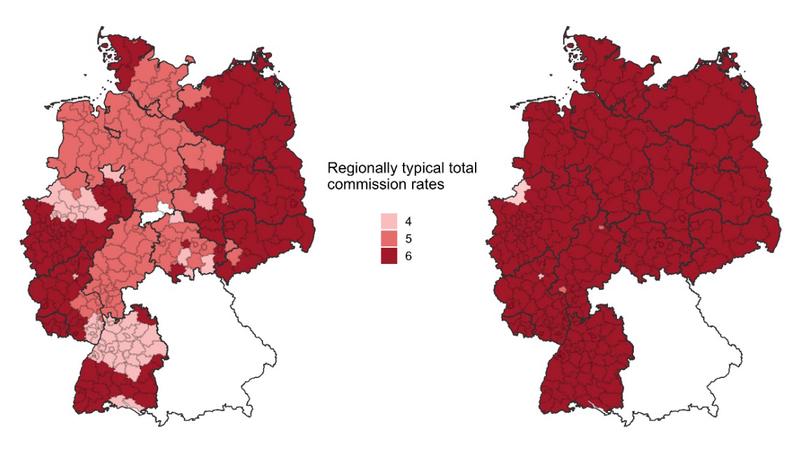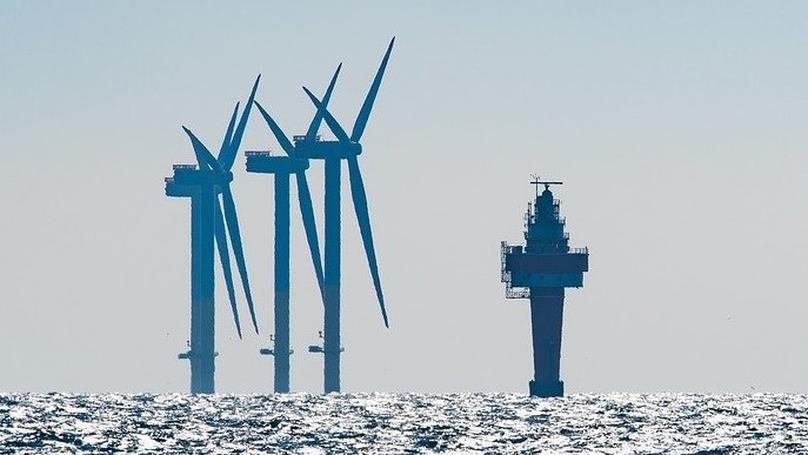Was ich mache
Ich verbinde Daten mit ökonomischer Theorie, um zu verstehen wie sich Menschen verhalten. In meiner Promotion erforsche ich, weshalb Menschen ehrlich sind, warum alle Immobilienmakler eine ähnliche Provision verlangen und ob es einen Zusammenhang zwischen Alkohol und Verbrechen in Preussen gab. Kurzum: Statt Disziplinen folge ich lieber Ideen. Wenn Du welche davon hast oder besprechen möchtest, freue ich mich von Dir zu hören.
- Applied Microeconomics
- Behavioral Policy
- Causal Inference
PhD Student in Economics
Hertie School, aktuell
MSc in Behavioural Economics
University of Nottingham, 2020
BA in Corporate Management & Economics
Zeppelin Universität, 2018
Publikationen

This paper studies a recent legal reform in Germany, which aims to lower commission rates of real estate agents by raising the cost salience of sellers. I find that the reform has backfired and real estate agents have exploited the transition to increase their commission rates. The findings document that in some regions real estate agents increase their commission by up to 2 percentage points, adding over €6,000 in transaction cost to the average home sale. I argue that this arbitrary increase points to seller ignorance. To verify if and why sellers fail to induce price competition, I run a pre-registered survey experiment with 1,062 real estate agents. The survey confirms that 85% of sellers do not attempt to negotiate lower commission rates. The randomized experimental questions suggest that real estate agents may cater to the low willingness of sellers to negotiate by providing misleading reference commission rates and shrouding the economic incidence for sellers.

Offshore wind plays an ever-increasing role for the global transition to renewable energy. For offshore wind energy to be successful, cost-effective transport of the produced electricity to shore is necessary. The development and operation of the offshore transmission asset is costly and regulated differently across the globe. In this paper, we collect a unique data set that allows to compare cost and quality of offshore transmission assets in two countries with different regulations. With project level data we can control for geographical and technical difference to assess which regulatory design might lead to lower economic costs for the offshore transmission asset. We find that a competitive regime that promotes the integration of wind farm and transmission leads to lower transmission cost and similar transmission availability.